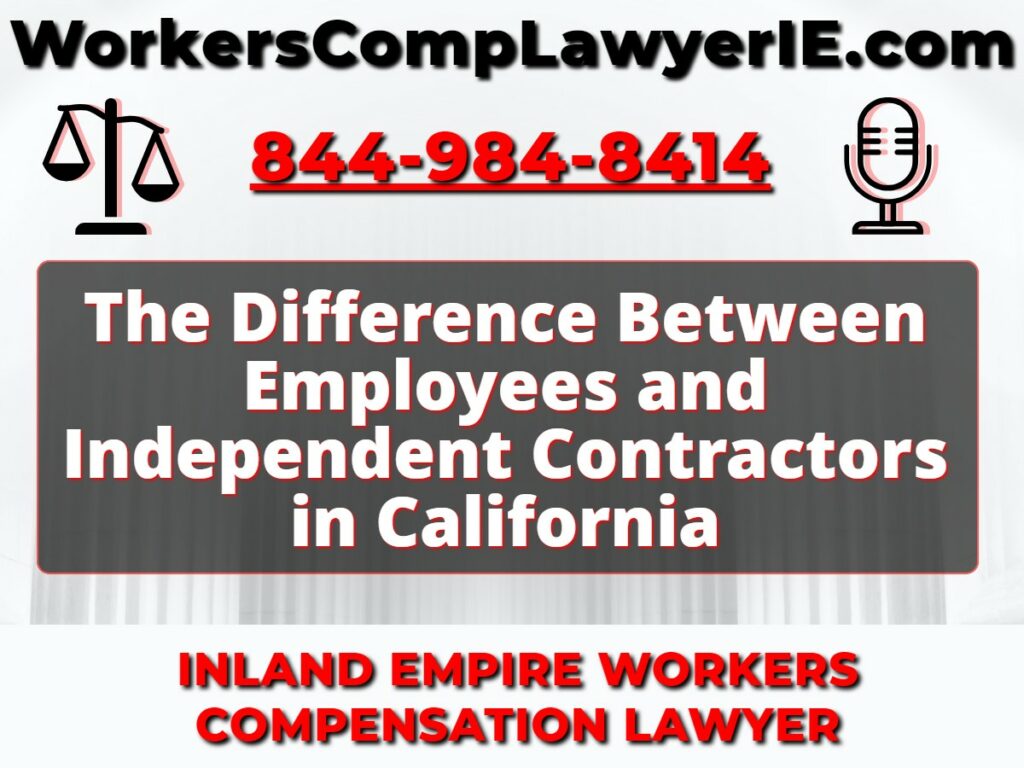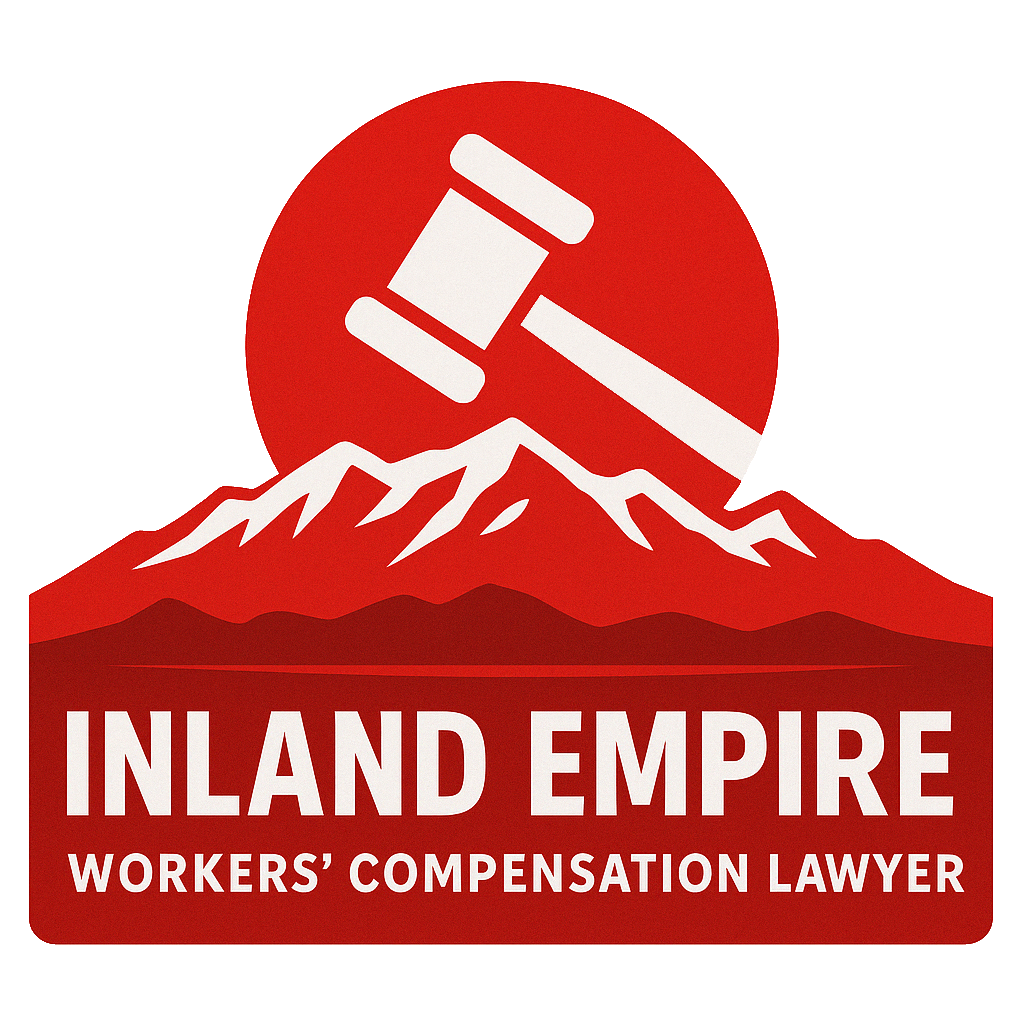The Difference Between Employees and Independent Contractors in California

Introduction to The Difference Between Employees and Independent Contractors in California
Navigating the landscape of labor laws can be challenging, especially when it comes to differentiating between employees and independent contractors. Yet, understanding this distinction is critical for both workers and employers in California. This article will provide a comprehensive overview of the differences between these two classifications under California law. It’s important to note that the information contained here is for general informational purposes only and is not to be taken as legal advice.
Defining an Employee in California
Under California law, an employee is a person hired by an employer to perform work or provide services, with the employer retaining control over the manner and means of the work performed. For example, if Jane is hired by Company X to work in their office from 9 AM to 5 PM, using the company’s resources, and following their protocols, she would typically be considered an employee.
Employees in California enjoy a multitude of rights and protections under state labor laws. These include, but are not limited to, minimum wage requirements, overtime compensation, meal and rest breaks, and workers’ compensation coverage.
Defining an Independent Contractor in California
Conversely, an independent contractor is someone who provides goods or services under a written or verbal contract, with the payer having control over the result of the work, but not the means by which it is accomplished. For instance, if Bob, a freelance graphic designer, is hired by Company Y to create a logo, and he uses his own software, sets his own hours, and works from his own home, Bob would likely be deemed an independent contractor.
Independent contractors don’t enjoy the same level of legal protection as employees in California. They’re usually not entitled to benefits such as minimum wage, overtime pay, or workers’ compensation.
The ABC Test in California
One crucial tool that California uses to distinguish between employees and independent contractors is the ABC Test. This test establishes that a worker is an independent contractor only if the hiring entity can demonstrate that the worker:
A. Is free from the control and direction of the hiring entity in the performance of the work;
B. Performs work that is outside the usual course of the hiring entity’s business; and
C. Is engaged in an independently established trade, occupation, or business of the same nature as the work performed.
For example, if Company Z, a restaurant, hires Linda, a plumber, to fix a leaky pipe, she may pass the ABC Test because her work is outside of the usual course of Company Z’s business, she’s free from their control, and she has her own plumbing business.
Potential Consequences of Misclassification
Misclassification of workers can have significant implications. For employers, penalties may include back pay, taxes, fines, and potential legal action. Workers may lose out on critical legal protections and benefits, and may also be left with unexpected tax liabilities.
What to Do If You Believe You’ve Been Misclassified
If you believe you’ve been misclassified, consider seeking advice from a legal professional. The first step often involves filing a complaint with California’s Department of Industrial Relations. Depending on the circumstances, it may also be necessary to take legal action to enforce your rights.
Conclusion to The Difference Between Employees and Independent Contractors in California
Understanding the differences between employees and independent contractors in California is of utmost importance. Proper classification has profound implications for workers’ rights and employers’ responsibilities.
If you’re an injured worker in California, seeking help is easier than you might think.
Support for Injured Workers in California
At any time, you can reach out to the Injury Helpline at (844) 984-8414 for a free consultation. With extensive experience in California workers’ compensation, they can help guide you through the complexities of your situation, providing support when you need it the most. Don’t let a lack of knowledge about your rights stand in the way of getting the help you deserve. Remember, information is power and understanding your status as an employee or an independent contractor is the first step toward protecting your rights.
